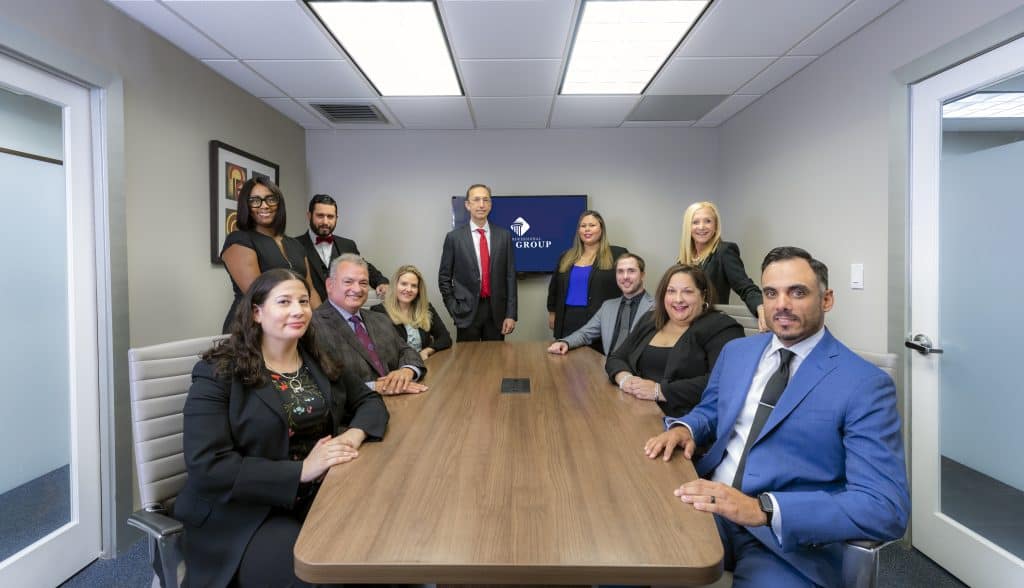Insurance Claims After Hurricane Damage
Insurance Law Attorneys in Texas and Florida
Weather-related property damage includes that from rain, hurricanes, tornadoes, flooding, lightning, hail, and wind. Weather-related property damage insurance claims are among the most frequent, especially in the states of Florida and Texas. Claims submitted resulting from Hurricane Irma alone reached nearly 1 million. Of those, insurance companies denied 32%. (many of which could be paid if the property owners had proper representation). As with any claim, make sure you document the damage, keep damaged materials, and log conversations with your insurance company.
Most people have difficulty interpreting what their insurance policies cover. These misunderstandings can surprise property owners.
Hurricane Insurance Deductibles vs Property Insurance Deductibles
Hurricane insurance deductibles are separate and work differently than deductibles on regular property insurance. A deductible is the amount a homeowner must pay before the insurance company will pay any money. When you purchase a hurricane policy, you select a percentage of your total policy coverage, usually, based on a percentage of the property’s value. This is different from the amount of your claim. If a homeowner has a $150,000 hurricane insurance policy with a 5% deductible, and a roof damage claim of $10,000. The homeowner may believe they’re out of pocket cost is $500 when their hurricane deductible of 5% on $150,000 is actually $7,500.
Windstorm, Flood and Storm Surge Insurance
Wind and water damage from storms can come in through doors, windows, and roofs wreaking havoc on your property. Review your insurance policies carefully to make sure that your policies effectively cover flood, windstorm and storm surge. Floods are usually covered by a separate policy.
Extra Coverage for Building Code Compliance
Repairing a damaged property could require expensive upgrades to comply with current building codes. Be sure that your policy includes “law and ordinance coverage.” This provides additional coverage, above the normal policy limits, if additional expenses are incurred to comply with building codes.
“Right to Repair” – Be Careful
Homeowners may be unaware of a “Right to Repair” clause in their policy. This could allow the insurance company to repair the property using its own contractors rather than giving you money to pay a contractor that you trust. The insurance company may offer a slight discount or force you to accept a “Right to Repair” clause. Proceed cautiously. Many property owners have reported delays, disagreements, undervaluation and inferior repairs with this method. You may want to shop for coverage that excludes this. Many people are concerned that insurance companies may change policies to provide less coverage for homeowners, forcing them to use unfamiliar, unproven contractors to repair their homes. “Right to Repair” clauses can be dangerous. Homeowners should be able to select contractors that they know and trust. Review your policy to make sure you’re adequately protected.
Get Help with Your Claim
At The Professional Law Group, we know all of the loopholes used by insurance companies to underpay or deny hurricane property damage claims. Don’t let them save money at the expense of your property. Contact us for a free assessment of the hurricane damage to your home or business and we’ll fight to ensure you receive the compensation you deserve.


